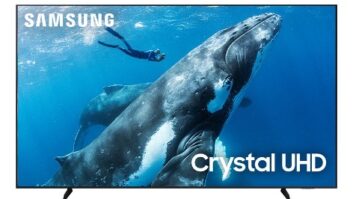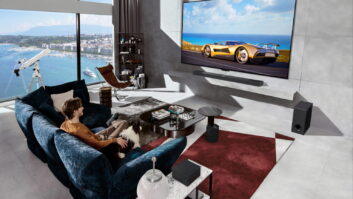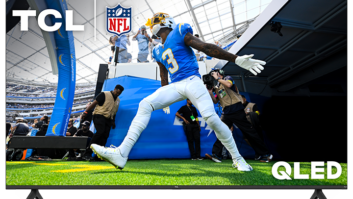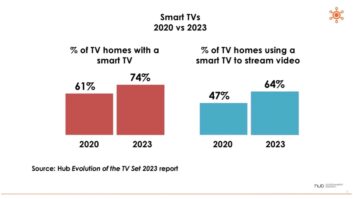The Federal Communications Commission (FCC) was flooded with letters from members of Capitol Hill in recent weeks as it continues attempts to quicken the pace of a bogged down Digital Television transition.
In a July 19 letter to FCC Chairman Michael Powell, Senate Commerce Committee Chairman Fritz Hollings (D-S.C.) urged the commission’s rapid adoption of copy-protection rules to advance the DTV transition.
Hollings said he disagreed with the FCC’s earlier opinion that it lacked the authority to impose copyright-protection rules, stating that federal law authorizes FCC action in such matters.
Hollings said protection of digital broadcast content would serve the public interest while “preserving lawful consumer use of that content such as making a physical copy for time and/or device-shifting purposes.”
Similar points of view were submitted to the FCC in a joint letter from Representatives Billy Tauzin (R-La.) and John Dingell (D-Mich.), chairman and ranking minority leader of the House Commerce Committee, respectively.
Tauzin’s staff is currently preparing legislation to resolve broadcast protection issues — such as the use of broadcast flags — left unsettled by the Broadcast Protection Discussion Group. But Tauzin urged the commission also to work on resolving such issues in consultation with his committee.
The opinions were welcomed by the Home Rights Recording Coalition (HRRC), which is chaired by Consumer Electronics Association president Gary Shapiro.
Shapiro said, “In particular, we welcome the focus on ‘ensuring equipment functionality and interoperability for all digital cable systems,’ given that more than 70 percent of American households rely on cable for television reception.”
The HRRC urged Congress to focus on the draft cable industry license — commonly referred to as the PHILA license, which stands for “POD-Host Interface License Agreement.” The coalition said it believes the terms of the PHILA license potentially impede the ability to view highest resolution programming on the more than three million DTV displays that have already been sold to consumers, and would constrain consumer home recording rights and expectations.
Both letters, Shapiro noted, recognized the importance of preserving lawful consumer uses and the reasonable expectations of consumers.
Meanwhile, the National Association of Broadcasters offered its support of Rep. Ed Markey’s (D-Mass.) call to the FCC to write rules requiring TV set manufacturers to include digital tuners in new products.
Eddie Fritts, NAB president, sent a letter applauding Markey’s effort.
“As you know, only a small percentage of the 25 million television sets sold annually include DTV tuners,” Fritts wrote. “We share your concern that every analog-only set that is sold today only serves to prolong the DTV transition.”
Fritts added the FCC needs to move on its review of must-carry rules, and interopability between CE equipment, among other items, and urged additional congressional action.
The CEA, however, disagrees that the FCC has authority to impose mandates on the inclusion of digital tuners in television sets.













